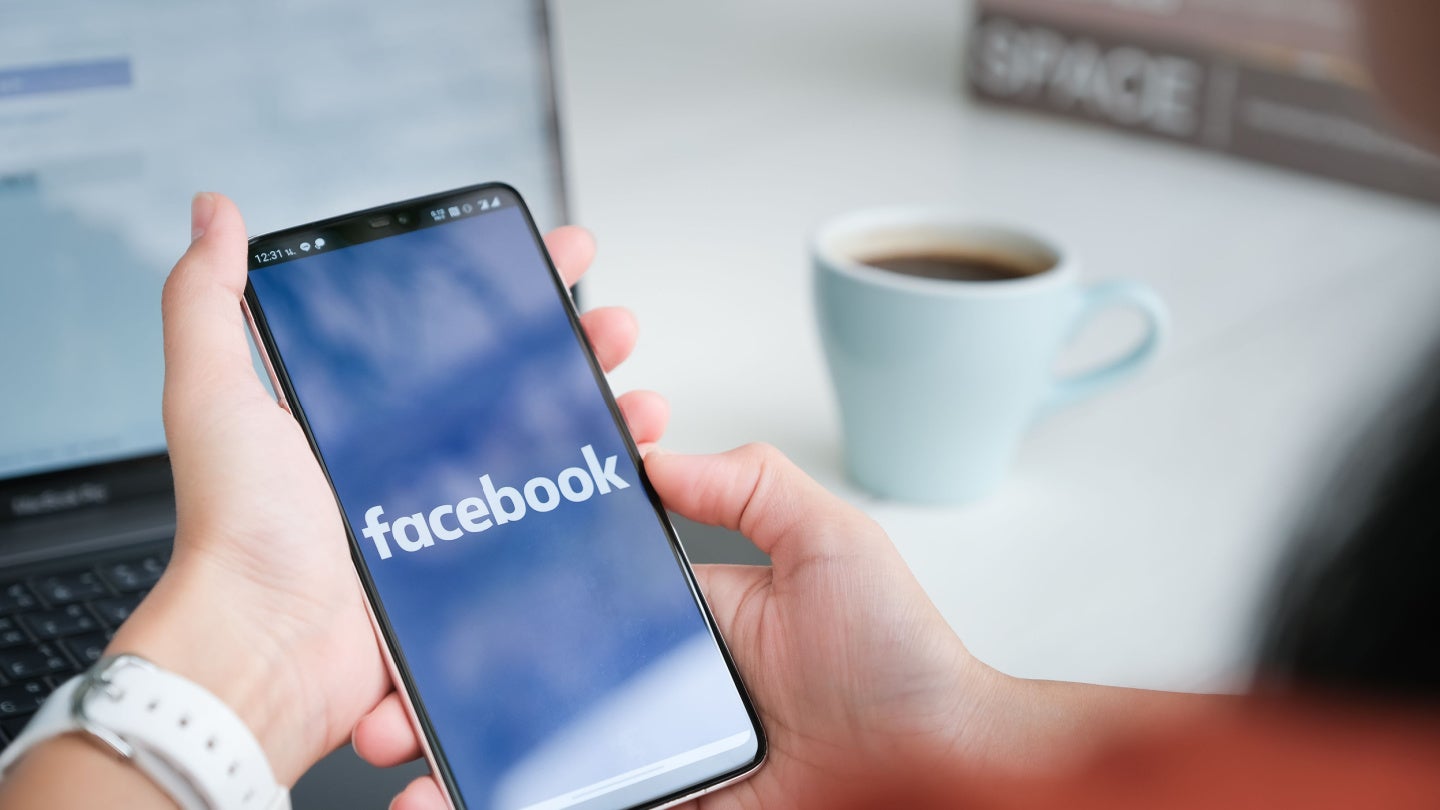
India’s government has instructed social media platforms such as YouTube and Facebook to control the amount of AI-generated deepfake content on their sites, according to reports from Reuters.
Two sources reported to Reuters that the instruction had been given to social media platforms via a closed-door meeting with India’s IT Minister Rajeev Chandrasekhar. He stated that the social media platforms had not updated their terms of service to reflect this new technology.
Deepfake technology uses generative AI to create images or videos of people, usually an impersonation.
Most famously, deepfake technology was used to generate a video of Ukrainian president Volodymyr Zelenskyy appearing to surrender at the beginning of Russia’s invasion.
Since then, deepfake technology has become more realistic, making it harder for social media users to determine if the content is genuine or synthetic. According to the sources that came forward to Reuters, Chandrasekhar was concerned about the impact of deepfake technology on younger social media users.
Reuters’ report came soon after another one of India’s IT ministers addressed journalists on Thursday 23 November to state that its government was in the process of drafting legislation specifically around deepfakes.
How well do you really know your competitors?
Access the most comprehensive Company Profiles on the market, powered by GlobalData. Save hours of research. Gain competitive edge.

Thank you!
Your download email will arrive shortly
Not ready to buy yet? Download a free sample
We are confident about the unique quality of our Company Profiles. However, we want you to make the most beneficial decision for your business, so we offer a free sample that you can download by submitting the below form
By GlobalDataIT Minister Ashwini Vaishnaw stated that the Indian Government was close to completing its draft of the laws and advised reporters to expect them within a few weeks.
Deepfake technology has severe implications for misinformation (such as the case of Zelenskyy’s deepfake), but also poses a credible threat to cybersecurity and the safety of women and children online.
According to a 2021 report by law consultancy DAC Beachcroft, women make up 90% of deepfake victims. Politicians and public figures, by comparison, only accounted for 5% of cases they tracked.
Online sexual harassment via AI-generated pornography depicting the women’s faces was the most common content that was created.
In its 2023 thematic intelligence report into social media, research company GlobalData forecasts that misinformation will steadily increase due to the rise of easily available AI tools and geopolitical tensions.







